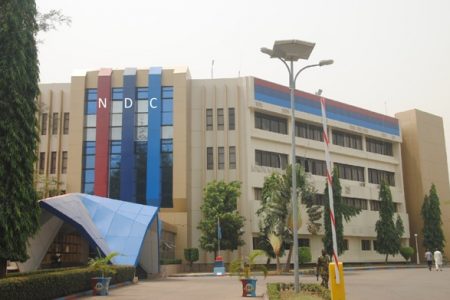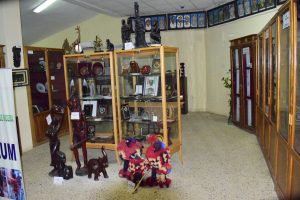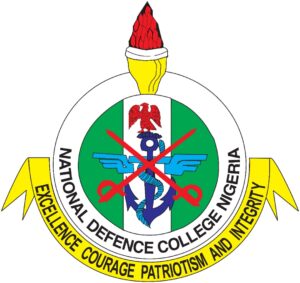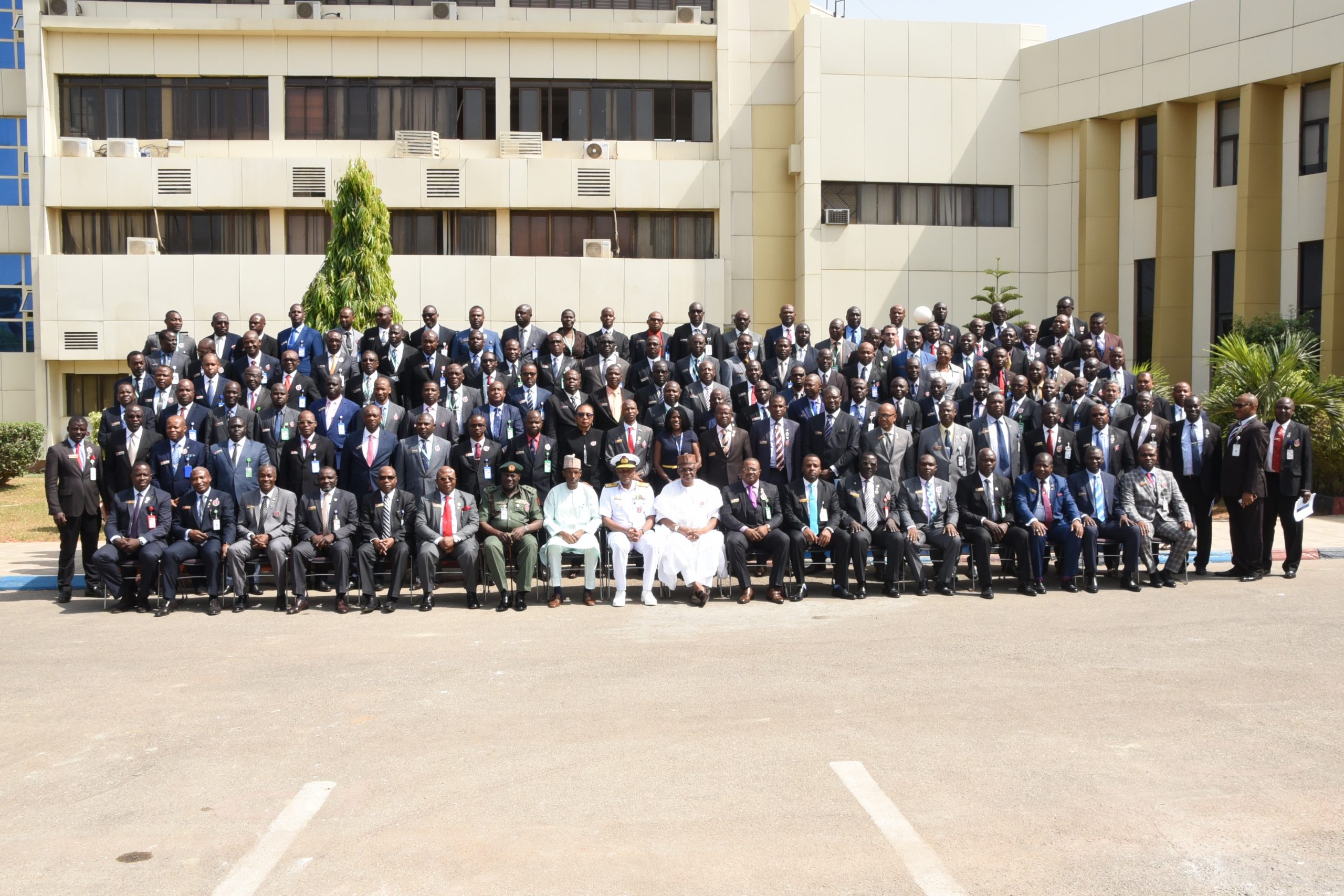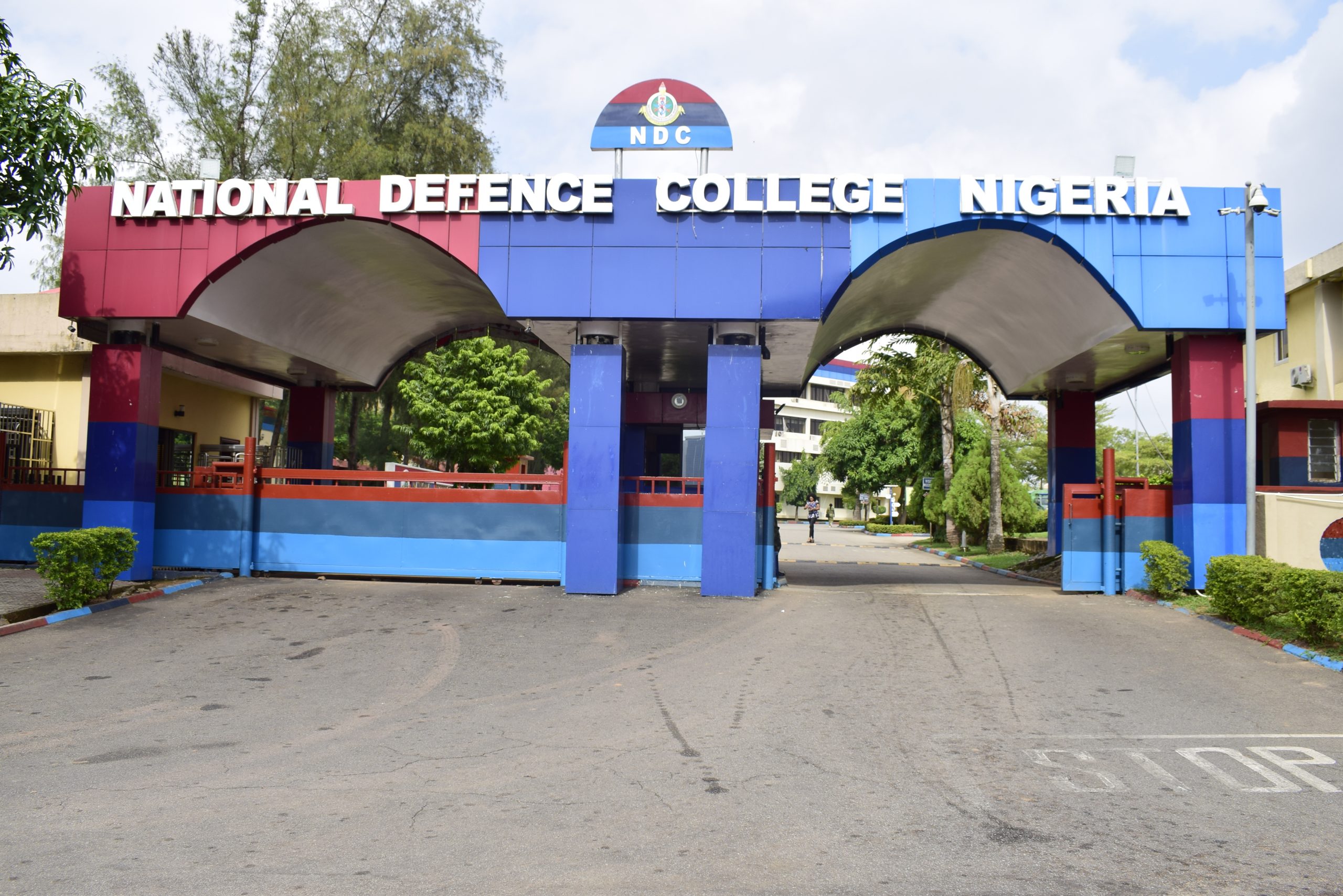The National Defence College provides the highest level of formal military education intended to inculcate a sense of advanced military professionalism and involvement in the decision-making process under democratic political culture and structures.
In the pursuit of its professional training programmes, the College has developed sound and consistent military expertise in the study of policy options as to where, when and how the application of force could be applied for security and peaceful purposes.
To achieve this educational objective, Participants are encouraged to be imaginative and creative and to cultivate the confidence of expressing their views openly. In order to encourage this, the College applies a fine exchange of ideas through a “Rotunda Rules” policy of non-attribution in the Auditorium, where Participants, Staff and members of the Directing Staff (DS) will be able to express personal views frankly but privately to a privileged audience.
The curriculum of the College is designed to be provocative, demanding and rigorous. Participants will be faced with a variety of problems for which there is no College ‘template solution’. They will be encouraged to consider and challenge their own intellectual assumptions and standpoints about the nature of war, peace, leadership, politics, ethics and the application of force.
The College, therefore, works intensively at the conceptional level, researching and analysing issues in depth, to produce well informed, critical judgements, and to cultivate the art of intelligent questioning and conceptual thinking. Overall, the intention is that the National Defence College and its Fellows should play a part in the evolution of military thoughts to meet the new circumstances of the 21st century.



